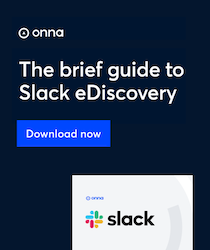The novel challenges of Slack eDiscovery (and how to handle them)
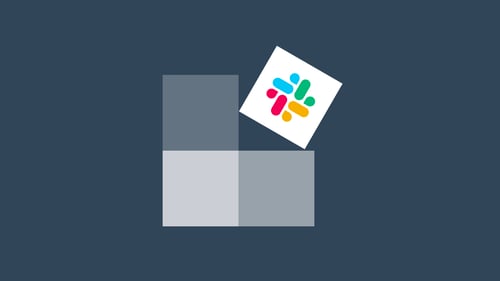
Communication tools like Slack have revolutionized the way we work, providing teams with a collaborative workspace in more than 600,000 organizations worldwide.
As more day-to-day work happens in Slack, more business information is generated and stored on the platform. Think: dynamic Slack channels and messages, threaded conversations, files and gifs, standard emoji reactions — including ones you can create yourself — not to mention, the ability to edit and delete messages. The net effect is a meteoric rise in unstructured data (a.k.a. data that exists outside of clearly defined and searchable formats). Yet, no matter how hard to reach, this data is integral to how we work, and therefore, highly relevant to corporate litigation and investigations.
We saw this most recently in Red Wolf Energy Trading v. BIA Capital Management, a case involving unfair and deceptive trade practices. The defendants’ repeated failure to produce required Slack communications, despite the court’s orders that defendants review and supplement their prior productions, resulted in the judge granting default judgment to the plaintiffs, as well as their second motion for sanctions.
This new precedent signals that IT and legal departments must take a proactive approach to preserve and collect Slack data. Let’s take a closer look at four of the most common Slack eDiscovery challenges and how to solve them.
Challenge #1: Data quantity
For a growing number of companies, Slack is where the majority of work happens. At the time of writing, Onna’s 137 active Slack users have collectively sent 147,994 messages in the last 30 days alone. For a ~150-person company, that’s a significant amount of data. You can only imagine how many messages are exchanged in a company of thousands of employees — never mind the threads, links, and JPG, PDF, GIF, ZIP, etc., files that go along with them.
When you’re working with massive, multi-faceted datasets like this, the most expensive part of eDiscovery is often the review phase. A surefire way to keep review costs down is to avoid collecting irrelevant data in the first place.
Solution
Sync and archive specific workplace data in a search-ready, real-time data repository to avoid reactive, unwieldy collections. By choosing what Slack data to collect and preserve at the outset, you can avoid unnecessary processing and review costs later on.
Challenge #2: Data quality
You can have all the right information at your disposal, but if it’s incomprehensible and lacking context, it won’t get you very far. If you’ve come across the notorious JSON file in your Slack eDiscovery journey (see below), you know what we’re talking about.
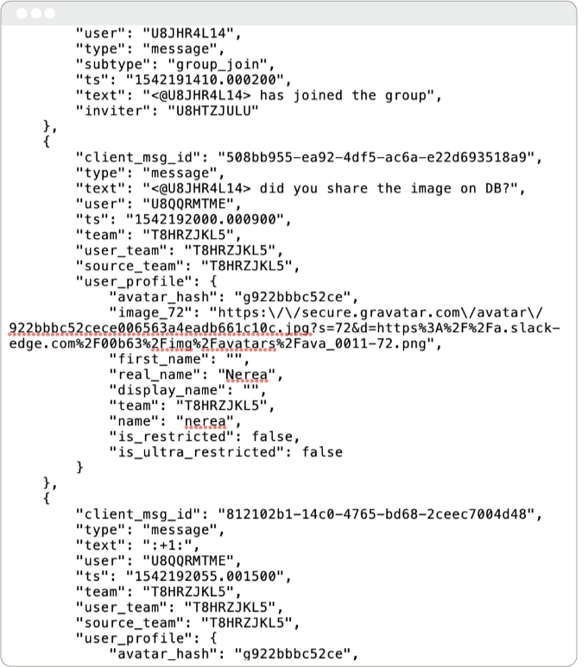
When you request a corporate Slack export, the above is what you’ll end up with. All the information is buried in an indecipherable language. It’s difficult for even the most diligent legal teams to make sense of with time on the table — let alone in a hurry. Without the right tool in place, identifying what’s relevant for a case is time-consuming, expensive, and raises the risk of error.
Solution
Slack exports that give you a full, contextual view for early case assessment (ECA). The right eDiscovery solution will pull and process data in its original format, giving you conversations as they actually happened, with edits and/or deletions indicated.
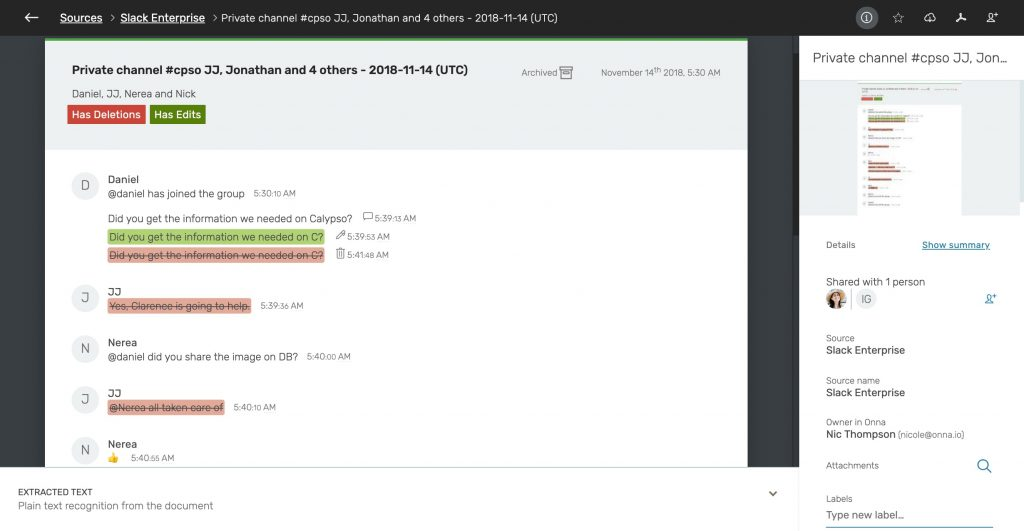
Challenge #3: Non-participating channel members
From intellectual property to trade secret disputes, whether or not a party was privy to certain company information is often relevant in litigation. When it comes to cloud-based communication like Slack, however; how do you prove someone was “in the room” if they didn’t send any messages?
Solution
To solve this challenge, you need a tool with the ability to identify all Slack channel members, whether or not they actively participated in any conversations. This is a must-have feature to look for in a Slack eDiscovery solution, as it ensures complete, accurate, and defensible discovery.
Challenge #4: Preservation
A big part of Slack’s user-friendliness is the amount of customization available to users. From color schemes and notification settings to reminders and integrations, individuals can make the application work exactly as they want it to. Slack also gives users the ability to both delete and edit messages after sending, which can make things tricky when it comes to preservation.
Solution
Effective preservation for Slack legal holds that also stays in line with your company’s standard retention periods. This means your Slack eDiscovery solution retains custodian data even if the source data is deleted or removed. You’ll also want to be able to see edits and deletions when previewing Slack data during ECA. Another useful preservation feature is ID-mapping capabilities, so you can identify the same individual across multiple Slack instances or sources even when name/credentials may differ.
It’s time to stack up to Slack
The big takeaway here is that traditional eDiscovery tools haven’t caught up to the sophisticated, complex nature of Slack data. If you’ve encountered, or expect to encounter, any of the above challenges, fear not — our platform was built to solve them all. Every solution given here is a feature of Onna’s Slack eDiscovery solution. By doing all of the above and more, we dramatically cut the time and cost of collecting, processing, and reviewing data.
Our most diligent customers also archive data from Slack and other apps through our platform’s auto-sync and archive function, meaning they have real-time repositories of data. Whether you need to produce ESI for litigation, internal investigations, government retention mandates, audits, and more, you can access what you need at a moment’s notice.
As a cloud-conscious solution, the challenges we’ve discussed are not all unique to Slack. We’re continually working on new features to enhance the accuracy, completeness, and efficiency of managing cloud-based eDiscovery, so businesses can continue to benefit from best-of-breed tools and their legal departments can sleep a little better at night.
If you’d like to learn more about our Slack eDiscovery solution or how we work to bring key information from all of your apps together, reach out to us here.
 eDiscovery
eDiscovery Collections
Collections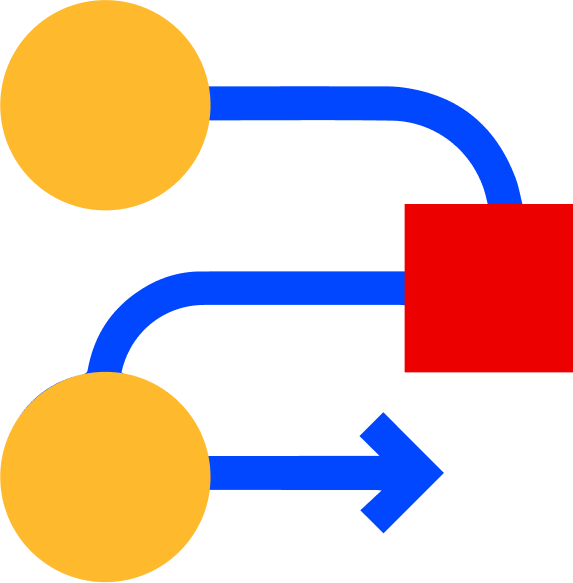 Processing
Processing Early Case Assessment
Early Case Assessment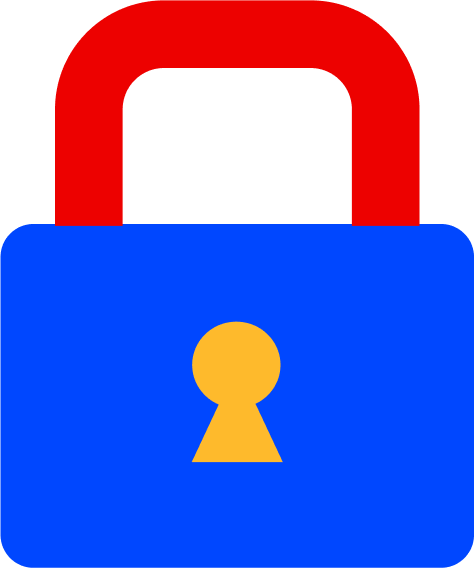 Information Governance
Information Governance Data Migration
Data Migration Data Archiving
Data Archiving Platform Services
Platform Services Connectors
Connectors Platform API
Platform API Pricing Plans
Pricing Plans Professional Services
Professional Services Technical Support
Technical Support Partnerships
Partnerships About us
About us Careers
Careers Newsroom
Newsroom Reveal
Reveal Logikcull by Reveal
Logikcull by Reveal Events
Events Webinars
Webinars OnnAcademy
OnnAcademy Blog
Blog Content Library
Content Library Trust Center
Trust Center Developer Hub
Developer Hub